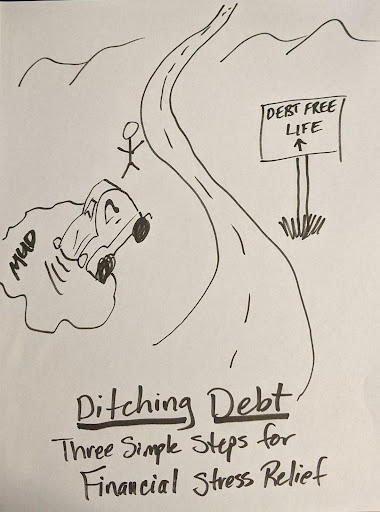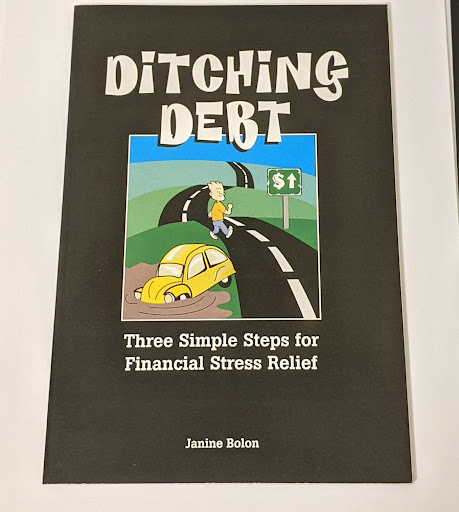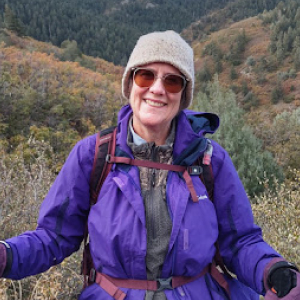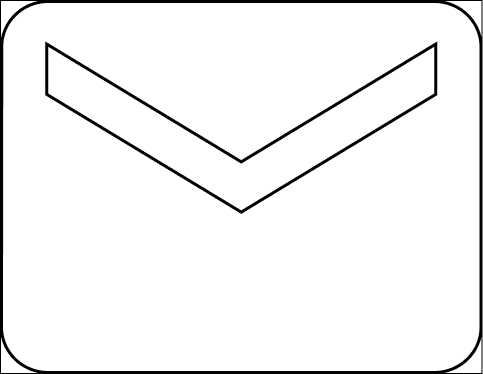The following post is about author websites and author website design. I was contributed by Janine Bolan. She is an expert author coach and an expert on book marketing. In this role, she has many years of hands-on experience with author web design and book marketing. We asked her to share her perspective on author websites, and she used her own website as an example of the process she’s recommending.
Take This Post About Author Websites Seriously
I think a warning is needed for you here, I teach the obvious. I teach it directly. I teach without frills.
This post starts with me sharing the basics and then builds into the data I’ve collected over the past 20 years. After building hundreds of my own website pages. After hundreds of blog posts and podcast show notes, I can tell you, with analytic data, what works and doesn’t work for my authorpreneurial business.
Will this work for you?
Yes.
Why?
Because the one thing I have heard from my readers is that they love my websites. Frequently they tell me my own website is “clean,” “easy-to-navigate,” and doesn’t have a lot of fluff. Your site should follow a similar model.
The Author Website Design Basics
Here are the stripped-down basics of what you need to begin your author website. Right now, you may have one page running on your website. Your HOME page and all it is doing is collecting email addresses of your future beta-readers.
Right?
Now that you are deeper into writing your book and your email list has gone from two subscribers (you and your spouse) to eight subscribers (you’ve had a few friends sign up), you are now ready to build two more pages. Only two more, no need to go crazy with this.
- Home page with email form “above the fold” to receive updates on your book. Social media links as well if you are active.
- About page with a short story on why you are writing your book and how to connect with you via social media.
- Your Book’s page. If you are still writing the book, have a hand-drawn image with stick figures on what you think the book cover will look like and a short paragraph explaining how you are seeking beta-readers and a rough date on when you plan on having the book done. Give yourself at least nine months! 😉
Author Website Examples

For my first book’s landing page, here is the first image I posted as I was writing it for my students:
That’s right! A hand-drawn image with scribbles showing what I was doing. I posted that on my website, and people loved it! This was the moment that I learned how much my readers relished being a part of the creative process with me. This was back in 2005. I learned that people love to see an artist at work. As a writer, even more so! The final product came back from my graphic designer looking like this.

I posted this image after I had it from my designer and made it a part of my monthly update to my subscribers (I had 23 by that time) as I moved along the book-writing process.
Author Websites – What You Need
A debut author’s website, or even a professional author’s website, for that matter, doesn’t need to be complicated. I think you’ve got that figured out by now. Here are a few reasons to keep your website simple.
- The primary goal of a website for an author website is to gather email addresses from their community, showcase their work, and provide information about themselves. It’s essential to keep the website clean, straightforward, and easy to navigate so your readers can find what they’re looking for quickly and easily.
- A simple site design helps you save time and money. Developing a complex website can take months and cost thousands of dollars, time, and resources that could be better spent on writing! Am I right? A simple website can be created and launched in a fraction of the time and cost. Speed is success at this point. What is the old saying? “Done is better than perfect!” I’ve made thousands of dollars because I launched quickly rather than waiting for everything to be ready.
- A complicated website may actually detract from your message. By bringing in too much information, graphics, and other distractions, you will most certainly overwhelm and confuse your visitors, making it difficult for them to focus on your work. A simple website, on the other hand, can help visitors focus on the author’s writing and style while providing a clear, concise message about their past work and current projects.
- Easy to Update. As your business grows and your career progresses, you will want to keep your website up to date with new information, such as new books, events, projects, and media coverage. A simple website can be easily updated and maintained, allowing you to keep the website fresh without incurring significant time or expense. Hey! We love saving money, right?
- Simplicity. Simple websites are accessible to a wider audience. A website with complicated design elements or navigation may not be accessible to everyone, particularly those with disabilities or limited internet access. A simple website, on the other hand, can be designed to be accessible to all visitors, regardless of their abilities or the technology they use to access the internet.
- Search Engine Optimization (SEO) This is the last thing I worry about or even consider in my writing or website page development, but after seven years of online marketing, I am just now focusing my content to be optimized for search engines. This, my friend, is not a priority when you are first starting out. I wouldn’t worry about this aspect of your website until you’ve published multiple books, okay? Relax on this.
Remember that the most visited pages on any author’s website are as follows and in this order. I get this data from fifteen different websites and eight years of tracking my readers’ activity. I’ve also interviewed hundreds of business owners and asked them about their Google analytics as well.
The most visited pages on the best author websites, in order, are: (drum roll, please)
- Home page
- About me page
- Books page
- Upcoming Events page
- Blog post or Writing Tips page
- Contact page
So, from day one, have your author website home page ask for your reader’s email address. You can also include an email opt-in checkbox on your contact page form. A short bio on the home page is a good idea.
Then, build out your “author bio” page. Don’t forget the author photo. Your fans want to see you. High-quality photography helps, but it isn’t essential. An authentic photo says a lot about the author’s brand.
Additional pages can be added to the author website as things progress.
An Author Website, Like a Book, Is a Work in Progress
When you have your idea of your book sketched out a bit, get the landing page ready. Have a hand-drawn idea of a cover along with your two-to-three-sentence summary of what you think you are going to write about, and then say,
“I’m still writing this book, but this is what I’m thinking about at the moment.”
Your community will love you for your authenticity and “realness” of you being you. No pretense. No marketing glitz, no efforts to convince readers to do something, just you speaking to your reader conversationally, person-to-person. Lovely! What a fantastic change of pace. Am I right? Of course, I am. You already feel more relaxed that you don’t have to be anything different from what you are.
As you work out each chapter of your book, send out an email to ask your beta readers to give you advice on it (much like what I have done with this project!). A weekly blog post is another effective way to share progress. This content can be repurposed in your email and social media links.
An Author Website Is Essential and Shouldn’t Be Hard
Broadly speaking, keep it simple and keep it active. A website is your online platform. Don’t get too caught up in the website style. A single page to start is fine. Then you can add a separate page for each of the other areas as your book develops. Keep the content up to date. Content marketing is an excellent way to keep your audience in the know. The email opt-in form is key. You want to build your cadre of fans. Social media integration is also important. Social media is where your audience is. This is especially true for a younger audience. You should be there so you don’t miss out on potential readers.
People will try to make the book-launching process very difficult. It isn’t. If you want a quick tutorial on how to run a book launch from scratch on a limited budget, click the link to join me for my “almost” weekly OPEN Friday Coffee and ask me for details.
Author Bio: Janine Bolan
Janine Bolon is the author of Author Podcasting: How to be a Stand Out Guest and take Your Book on a Virtual Tour, along with 14 additional books on business, personal finance, and spirituality. She homeschooled her four children, created over 90 online courses, and continues to teach her students and readers how to live the life they desire. She lives in Colorado and hikes year-round.
Want to talk? Use this link to join Janine’s OPEN Friday Coffee.


